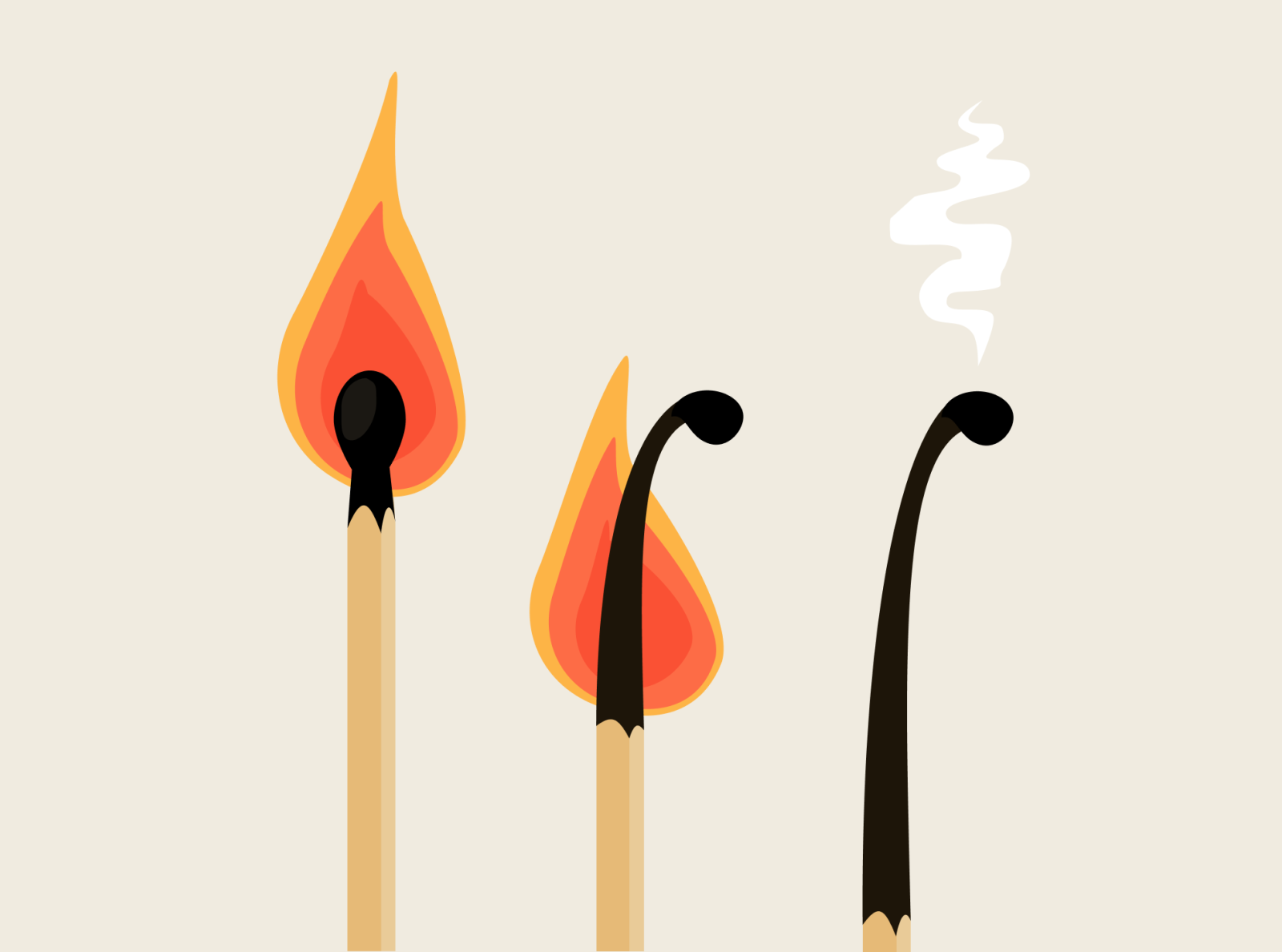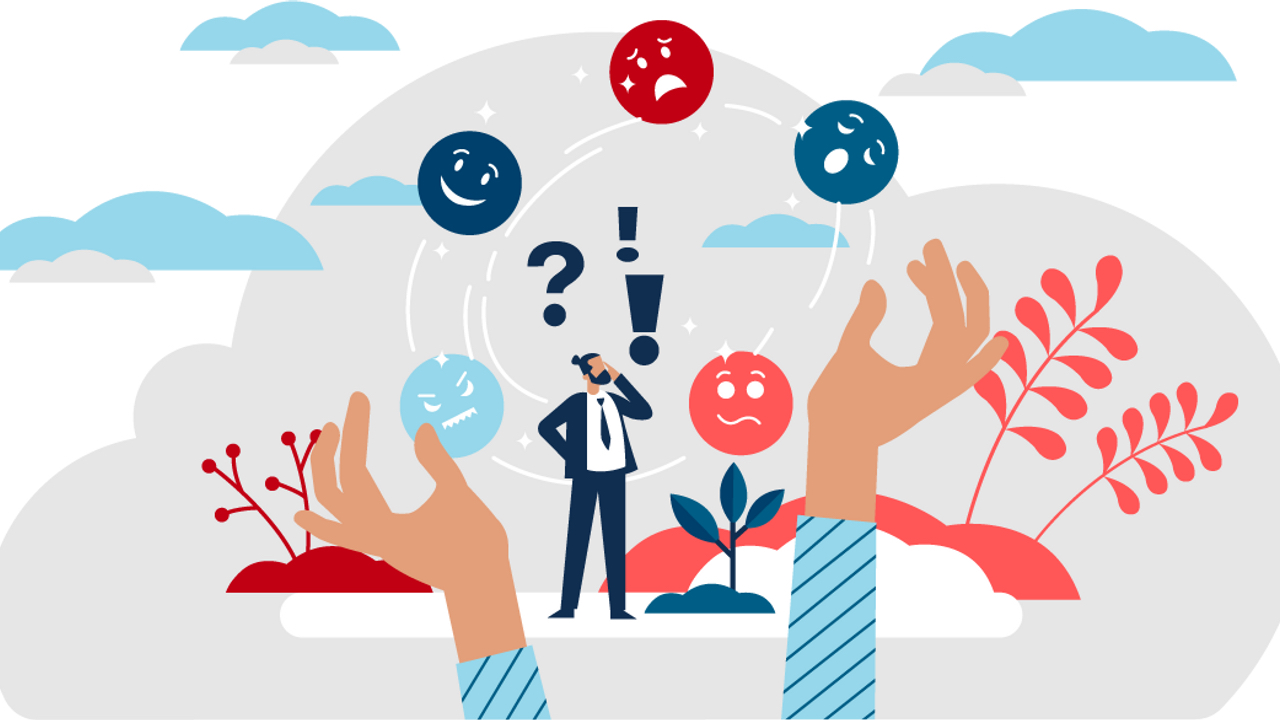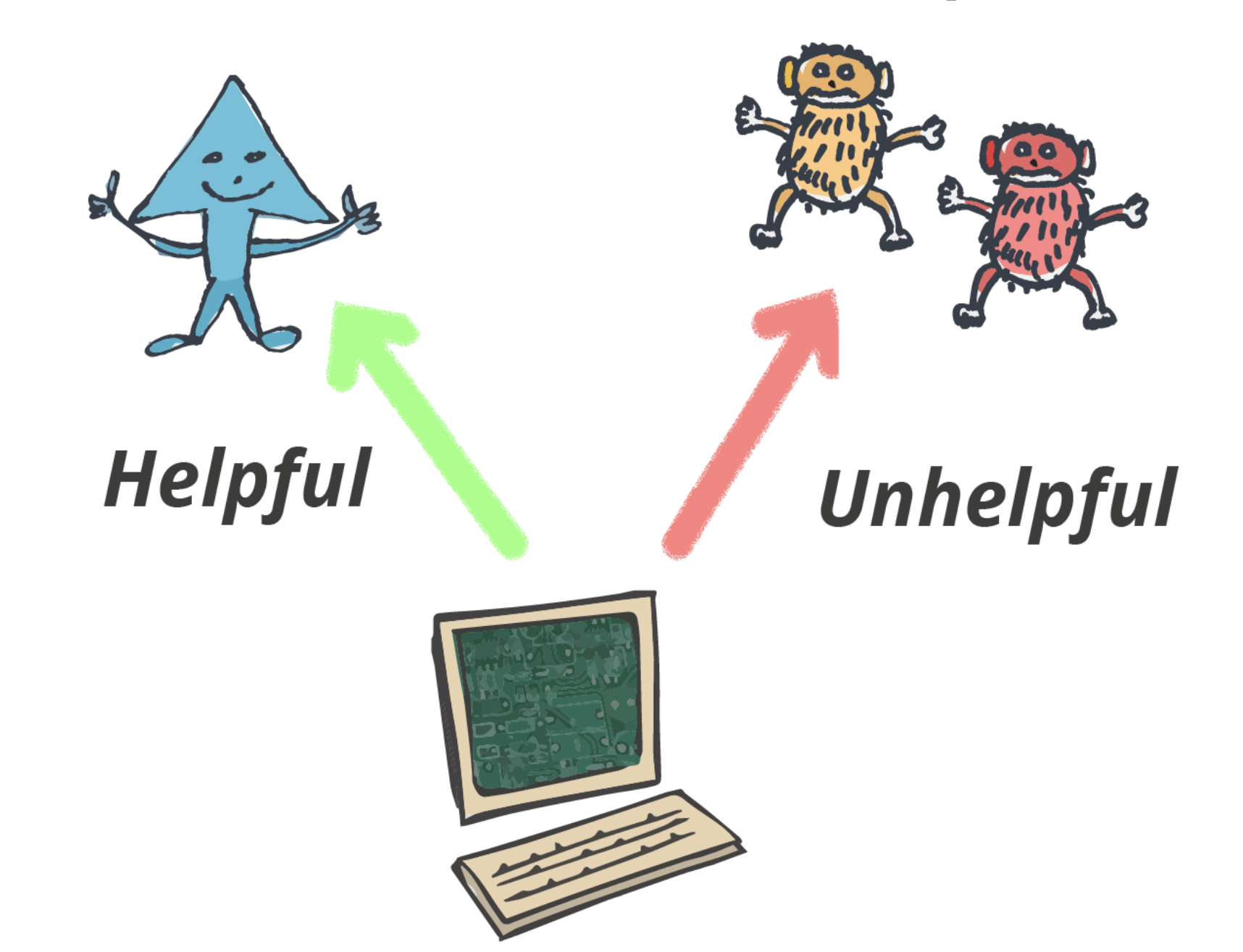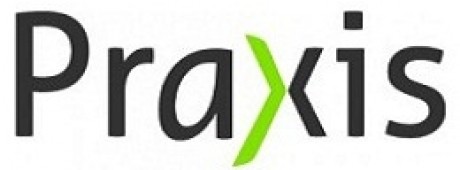Illustration by Costa Luna
Burnout – a term I often heard but seldom understood until it knocked on my door. As a PR consultant in a bustling agency, I found myself entangled in the web of endless deadlines, demanding clients, and the constant pressure to deliver exceptional results. Little did I know that this relentless pursuit of excellence would lead me to the edge of burnout, a state I never thought I would find myself in.
What is a burnout? What does it looked like
Source: Whitney Gordon
Before we begin to discuss my experience, we must first get on the same page over what constitutes a burnout.
The World Health Organization defines burnout as a "syndrome," or cluster of symptoms, "resulting from chronic workplace stress that has not been successfully managed." While it is not a medical condition, the characteristics of burnout can lead to poor mental and physical health. Several models exist for measuring burnout, ranging from one-dimensional exhaustion models to three-dimensional models. These characteristics include energy depletion and exhaustion, frustration or a lost sense of purpose in our job, and a reduction in efficacy at work.
The Gallup’s 2023 State of the Global Workplace report suggests that employees are experiencing record-high stress levels. In fact, research by Deloitte has found that 77% of workers have experienced burnout at their current job, and the top driver of burnout is a lack of support and recognition from their workplace. You might be wondering, “How does it actually feel to live in this condition through my personal view?”
The journey through burnout was like navigating uncharted waters. Days blurred into nights, and my passion for storytelling became overshadowed by the weight of unrelenting stress. The excitement that once fueled my creativity morphed into a pervasive sense of fatigue, and I felt like a candle burning at both ends. It seemed as if there was no way out of the situation and I felt helpless.
Until one day, I randomly stumble upon this quote:
“In order to break free from the cycle of burnout, it is important to observe and identify your burn event, prepare for those you can identify, and recover from each.” - Dr. Kate Steiner
This pivotal moment of self-realization occurred when I acknowledged the presence of burnout. I had to dig deep into my reserves, not just as a PR professional but as an individual with dreams, aspirations, and a life beyond press releases and media pitches. I realized that there needs to be a change in my daily habits, and I have to be the one to make those changes.
Breaking down from the above mentioned quote, I realized that there are three steps I need to take in order to overcome my burnout: Identify, Prepare, and Recover.
Identifying and Observing My Burnout Events
Source: A-Z Quotes
As someone who has weathered the storm of burnout in the PR trenches, I discovered that breaking free from its suffocating cycle requires a deeply personal and intentional approach. It's not just about surviving burn events but understanding them, preparing for the foreseeable ones, and embracing the path to recovery. It takes a strong will from within in order to regain that power back in my life, and no one can forcibly put me out of the situation without my own.
Observation became my compass. I started paying attention to the subtle signs—the creeping fatigue, the diminishing enthusiasm for once-loved tasks, and the relentless tug of stress. Recognizing the burn event was the first step to reclaiming control over my well-being. It meant acknowledging the toll it took on my mental and physical health and acknowledging that it was okay not to be okay.
Having lived in a highly competitive and fast-paced environment, this was definitely a tough reality to accept. As someone who had just begun my career, I am still battling my own insecurities about being perceived as ‘incompetent’, ‘incapable’, or anything that would reaffirm my belief of being undeserving of the position where I sat today.
But one of the first crucial steps to improve ourselves is to acknowledge our downfalls, and I decided to do so because I was determined to do whatever it took to overcome this situation.
Wearing My ‘Heat Protector’ for Precautionary Measures
Source: Vecteezy
After several burnout events, I began to notice that the main issue stemmed from working continuously on weekends without taking breaks. Some tasks were urgent client requests, while others were self-imposed expectations to complete checklists early, hoping for leisure time later.
Overtime, I realized that I was actually setting drawbacks for myself by not allocating an adequate time to rest and recharge. When you are working in an agency, predicting a workflow isn’t always possible. Unexpected surges of tasks often come and overwhelm me, adding it to a pile of stress. Failing to rest properly created a cycle of exhaustion which depletes my spirit over time, and ultimately ‘burned’ me.
Preparation, in the context of burnout, became my armor. Instead of waiting for the next wave of exhaustion to hit, I took proactive steps to prepare. This involved setting realistic expectations, establishing clear boundaries, and learning to gracefully decline when necessary. I found power in prioritizing self-care, recognizing that my best work came from a place of balance and resilience.
We have to remember that humans are different from robots. We have our share of days where we felt fatigue over constant work. Setting healthy boundaries and knowing your limits should not be perceived as an excuse for being lazy, but rather a strength for being self-aware. In fact, it is one of the most important skills to be developed as a great professional and should not be overlooked.
Finding The Right Remedy to Soothe the Burns
Source: PNG Tree
Recovering from burnout was definitely not a walk in a park. Once I identified the issues I faced and learned how to anticipate them, I needed to figure out the remedy that could bring me peace and help me return to a sense of normalcy. Engaging in physical activities like swimming or high-intensity workouts such as practicing yoga or pilates, and pursuing creative outlets like cooking, making music, or drawing helped refresh my mind.
Moreover, I felt the need to confide in my close friends, especially those who interact with me frequently in similar environments, as they could better understand my perspective. The advice they offered was incredibly helpful, especially in learning how to show compassion for myself. It's a process that takes time and patience.
Through that, I learned that that recovery was not an instant remedy but rather a gradual journey through a deliberate process. It meant granting myself permission to rest without guilt, seeking support from colleagues and friends, and, most importantly, dismantling the stigma around burnout.
Sharing my journey openly became a source of strength, not just for me but for those around me. It also helps other people to understand more about me and how they can provide support in times of need.
But my impulsive thoughts kept on whispering haunting vices, “What If it's only a matter of time until another heat wave strikes me? Should I just give up and find other opportunities that puts me at ease? That would be easier, right?”
Let's be real; every job out there has its fair share of exhaustion and stress, and you're going to feel it. This is coming from someone who had quite some experience of sailing from one place to another, where it finally leads me to face this inevitable reality.
Life throws us different seasons—some calm, and some stormy, like the chaotic year-end workload or the change in management that resulted in you working under the microscope of extremely intimidating bosses. When that happens, all of your motives to live ‘stress-free’ in a professional environment would dissipate straight into thin air because it's not realistic.
In the end, it is up to us to manage our expectations and frustrations in order to adapt to the challenges in life that we are facing. It's the only way we can navigate through rough waters to stay afloat and make it across to where we want to be.
One thing I always firmly believe in life is to approach a situation objectively – that is to equally weigh down all the pros and cons before making decisions. The fact that I am entering a shift in life is a sign that I am growing out of my comfort zone into newer ones that will encourage me to blossom.
In the midst of burnout, I discovered the transformative power of observation, preparation, and recovery that I would have never learned if I had not faced the situation. So, take this opportunity as a stepping stone for a better self-development and don't forget to enjoy every moment of it along the journey.











